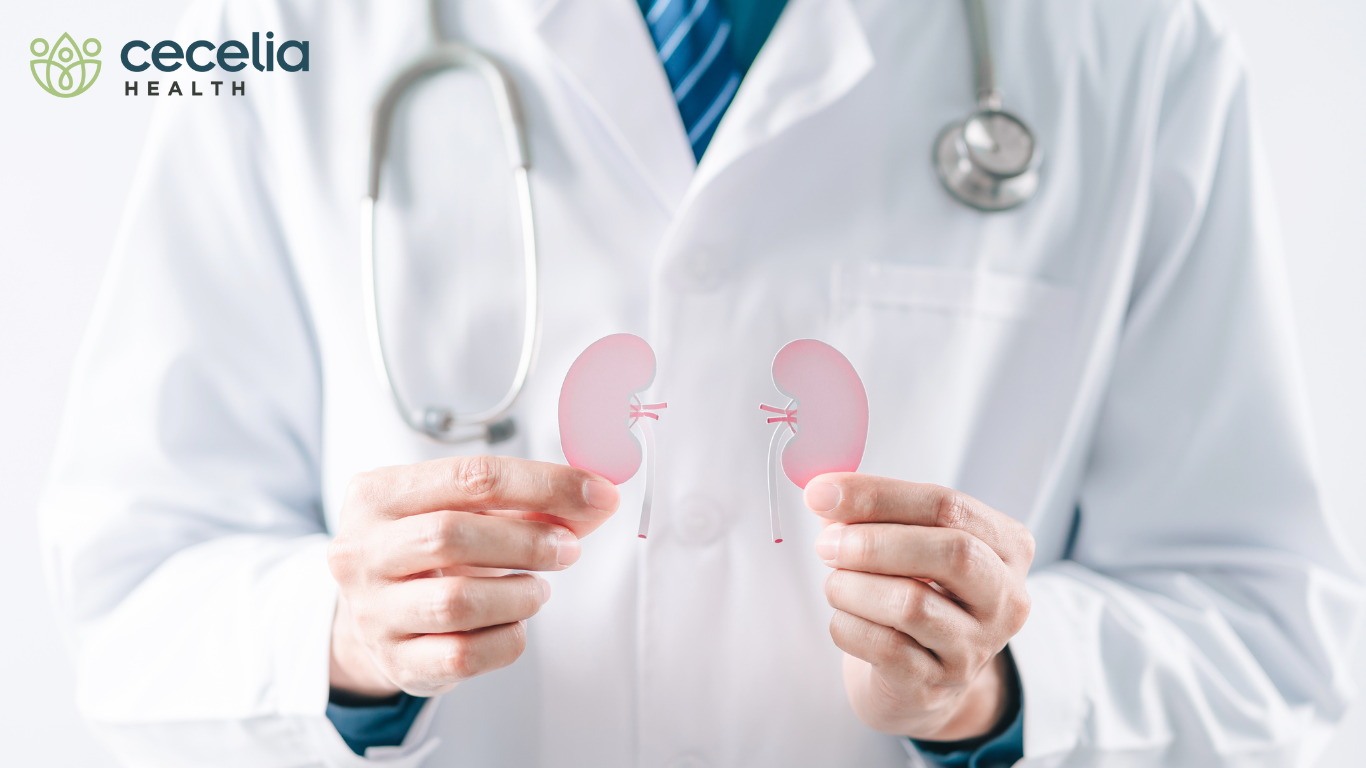Chronic kidney disease (CKD) is a condition that affects millions of people worldwide. It occurs when the kidneys are damaged and can no longer filter blood effectively. As a result, waste and excess fluid build up in the body, leading to a range of symptoms and complications. If you or a loved one has been diagnosed with CKD, you may have many questions about the condition. In this article, we will answer some of the most common CKD questions to help you better understand this condition.
What are the stages of CKD?
CKD is divided into five stages, with stage 1 being the mildest and stage 5 being the most severe. The stages are determined by the glomerular filtration rate (GFR), which measures how well the kidneys are filtering blood. A GFR of 90 or above is considered normal, while a GFR of 15 or below is considered kidney failure. The stages of CKD are as follows:
- Stage 1: GFR of 90 or above
- Stage 2: GFR between 60-89
- Stage 3: GFR between 30-59
- Stage 4: GFR between 15-29
- Stage 5: GFR of 15 or below
What are the symptoms of CKD?
Early stages of CKD may not present any symptoms, but as the condition progresses, symptoms may include:
- Fatigue
- Swelling in the hands, feet, or face
- Changes in urination (frequency, color, or amount)
- Nausea and vomiting
- Loss of appetite
- Difficulty sleeping
- Muscle cramps
- Itching
- Shortness of breath
- High blood pressure
How is CKD diagnosed?
CKD is diagnosed through a series of tests, including blood and urine tests, imaging tests, and could include a kidney biopsy. These tests can help determine the stage of CKD and the underlying cause. Learn more about the most common tests here.
What causes CKD?
The most common causes of CKD are diabetes and high blood pressure. Other risk factors include smoking, obesity, family history of kidney disease, and older age.
Can CKD be cured?
Unfortunately, there is no cure for CKD. However, early detection and treatment can slow the progression of the disease and help manage symptoms.
How is CKD treated?
Treatment for CKD depends on the stage and underlying cause. In the early stages, lifestyle changes such as a healthy diet, exercise, and quitting smoking may be recommended. Medications may also be prescribed to control blood pressure and manage symptoms. In later stages, dialysis or a kidney transplant may be necessary.
Can CKD be prevented?
While some risk factors for CKD, such as family history and age, cannot be controlled, there are steps you can take to reduce your risk. These include maintaining a healthy weight, managing blood pressure and blood glucose levels, quitting smoking, and limiting alcohol consumption.
CKD is a common and serious condition that requires proper management and treatment. By understanding the stages, symptoms, and treatment options, you can better navigate this condition and improve your quality of life. If you have any concerns or questions about CKD, be sure to consult with your healthcare provider.
